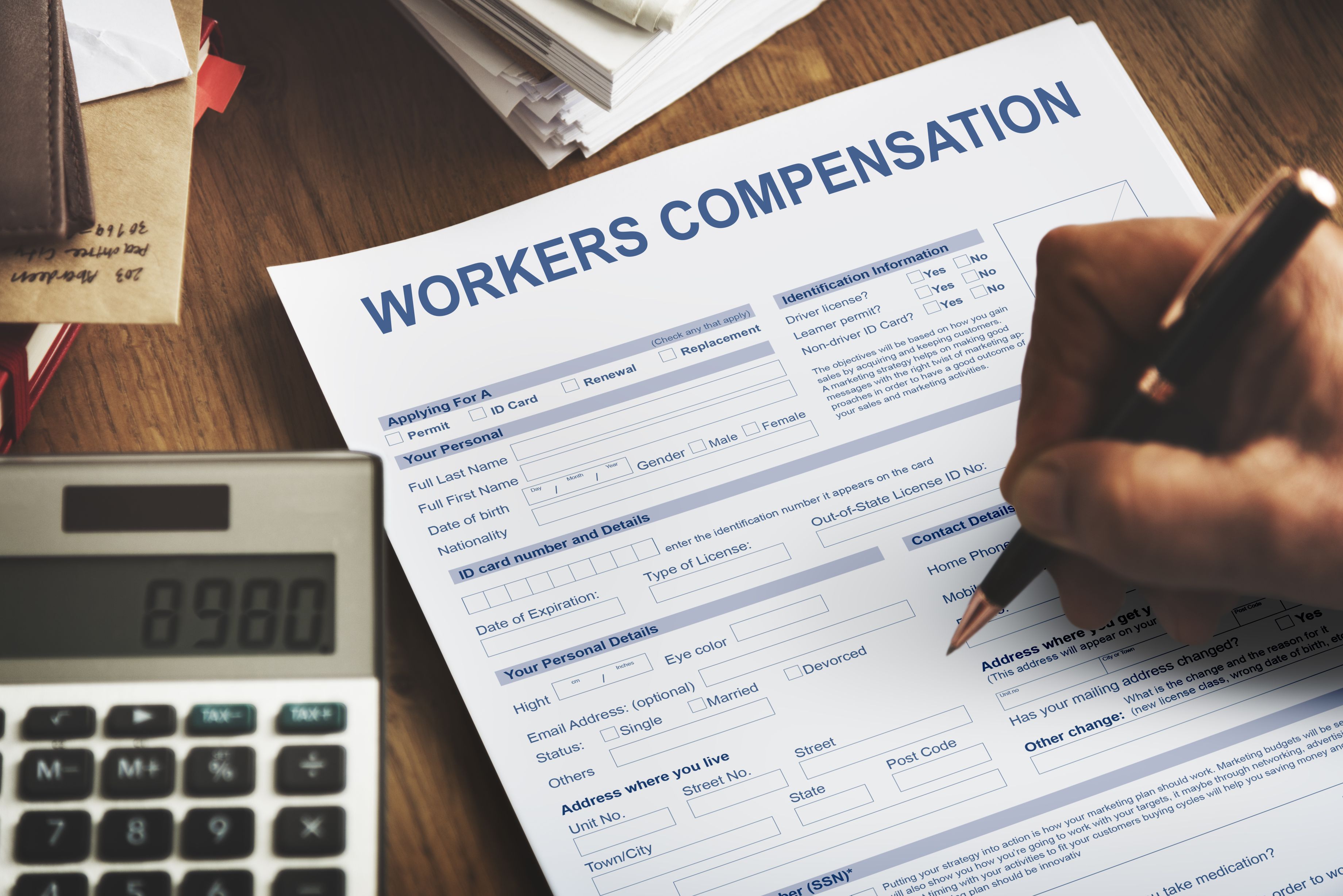Workers Compensation Insurance What to Know
Workers compensation is an insurance payment that replaces lost wages and medical help for a worker who is hurt while working. This form of compensation does not allow the worker to sue the employer for negligence. There are normally no provisions for pain or suffering. Companies are required by law to carry this form of insurance. Workers compensation is one of the largest expenses for most companies.
In 1864, Germany was the first country to create the workers compensation law. Many countries followed, and not most nations have a law like this. Workers compensation is a no fault program because the worker will receive lost wages and medical help regardless of who was at fault. The worker just has to be at work when they are injured.
Sometimes, employees are injured at work by a third party. In this situations, the worker can fill out workers compensation forms with everyone who was involved. This gives the employee a second recourse if the employers insurance carried denies their claim. This is why having the extra resource is important.
In special cases where the injuries are severe and the employee can not return to work, there are two options. Option one being that they will receive periodic payments for the rest of their life. The other option is receiving a lump sum payment. When filling out workers compensations forms, determine which options will be better for you.
Workers compensation will also cover those who are killed at work. If this happens, the insurance company will pay benefits to the employee's family. This payment will cover costs of the funeral, and will also cover support for the family.
In most cases, the employee is temporarily unable to work or just needs medical treatment. In situations where the employee can not work for a period of time, the insurance company will pay two thirds of their average wage. This payment is tax free, so the amount is normally closer to what the employee would normally make.
These laws have been helpful to employees and employers. For employees, they get help and reassurance as they navigate through their injuries. For employers, they are able to avoid lawsuits for negligence that could put them out of business. Since these laws were first put into place, workers compensation has been proved to benefit employers and employees.
Category: Insurance - Workers Compensation
Featured Insurance - Workers Compensation
Business News
Popular Posts
- Universal Pursuit of Happiness - Wisdom from World Religions
- Overcoming Ego and Self-Centeredness - Lessons from World Religions
- Transcending Materialism - Spiritual Practices from World Religions
- Overcoming Prejudice and Intolerance - Guidance from Global Faiths
- How Mind Balance Can Improve the Mindsets of Employees
- Interfaith Insights by 1WorldPeace - The Top 100 Universal Beliefs in Global Spirituality
- Bridging Beliefs - Finding Common Ground in Love and Respect
- The SmartGuy Vision - A United Future Through Interfaith Love and Respect
- A Cautionary Vision - The Grim Future of a Divided World Without Love and Balance
- A Tapestry of Faiths - Exploring the Common Threads in World Religions
- Fostering Harmony Among Christianity Islam Buddhism Hinduism and Judaism
- Preparing Kids for Adulthood - 15 Vital Skills They Wont Learn in School
- Navigating Diversity - Jerusalem's Tactical Approach to Interfaith Harmony
- Clearing Mental Plaque: The Path to Enhanced Communication and Divine Connection
- Why Return to Jesus Christ and the Church
- Top 50 Ways to Live Longer
- Adventurous Romance -The Key to Enhancing Relationship Chemistry
- Pork Tenderloin with Mustard Cream Sauce
- Navigating Technology and Media for Optimal Mental Well-Being
- Understanding the Link Between Mental Health and Substance Abuse
